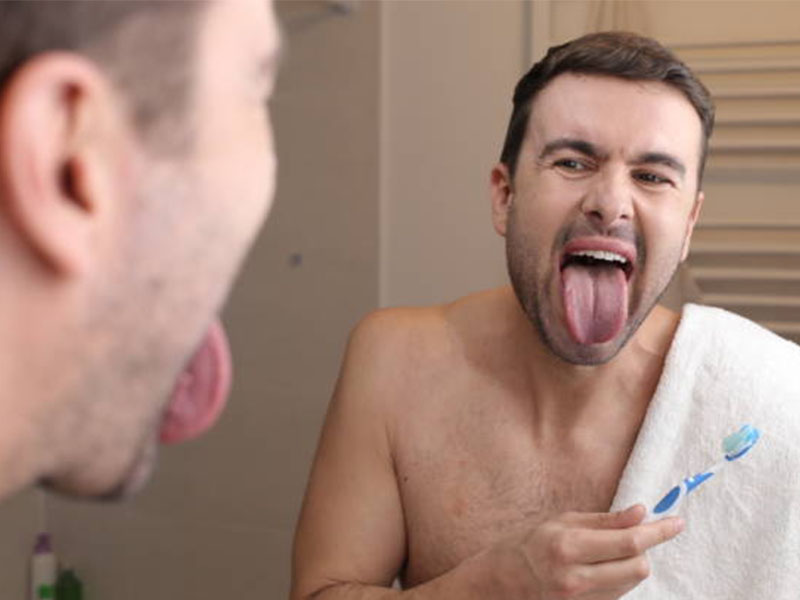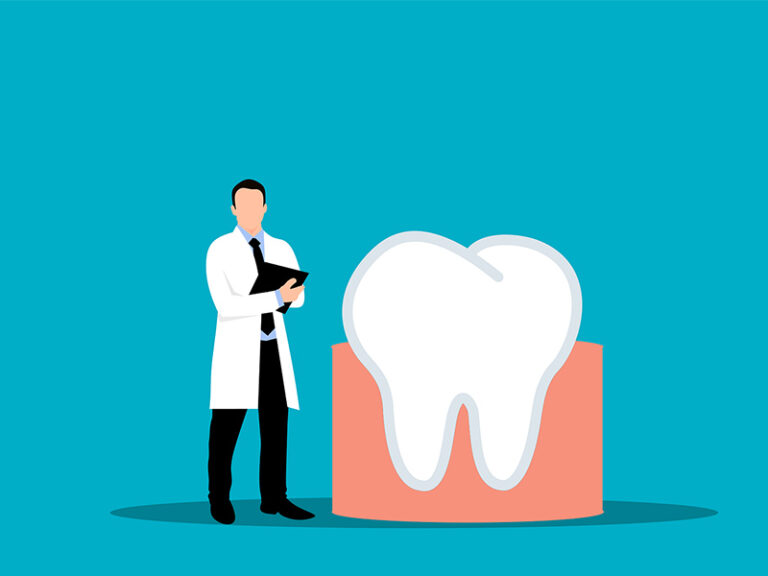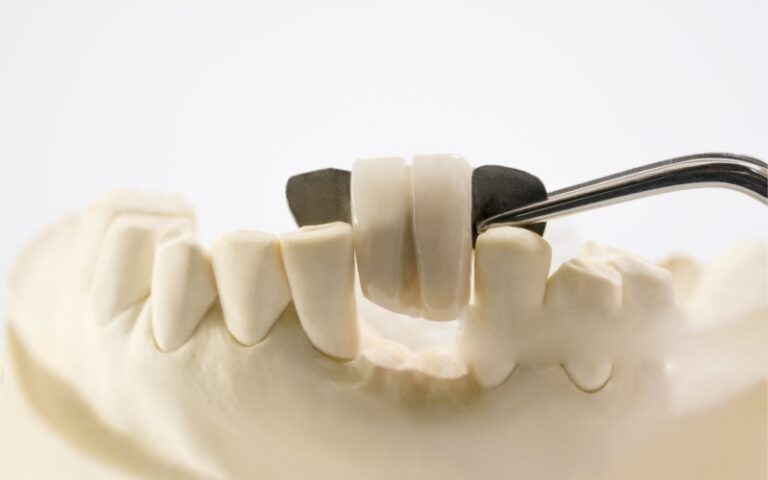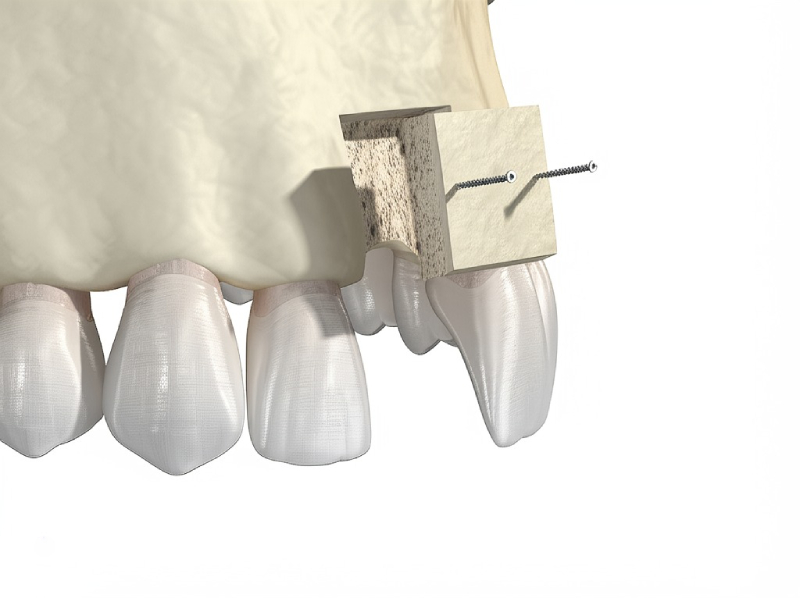
The Essential Guide to Tongue Brushing: Why & How for Better Oral Health
Ever caught yourself with less-than-fresh breath? It’s a bit awkward, isn’t it? Or maybe you noticed your tongue looks white or has a coating, and you’re wondering, “Is this normal?” You’re honestly not alone. Bad breath, odd tastes, and worries about germs in your mouth happen to most people at some point, and for a lot of us, the tongue is the sneaky troublemaker. If you’re curious why brushing your tongue matters, how to do it without gagging, and what happens if you skip it, you’re exactly where you should be.
Table of Contents
Why Your Tongue Needs More Love: Main Benefits
Let’s tackle the biggie: Why even bother brushing your tongue? You probably brush and floss like you should. But if you skip your tongue, you’re missing out on a cleaner, fresher, and more confident mouth. Here’s why:
1. Fighting Bad Breath: The Biggest Reason
Did you know most bad breath starts in your mouth? And a big part of that comes from germs living on your tongue. These germs hide out in the cracks and bumps on your tongue’s surface. When they eat leftover food, they let out smelly sulfur stuff—the main thing that makes your breath stink.
Here’s the simple fix: Scrape, brush, or just clean your tongue to wipe out up to 80% of those bad smells [Journal of Clinical Periodontology].
Analogy: Imagine your tongue as a dirty rug. If you only vacuum the floor (aka just brush and floss your teeth), the rug still holds onto stink and dirt. Sometimes, you gotta deep-clean the rug too!
2. Cutting Back on Germs for Healthier Gums & Teeth
The tongue isn’t just hanging out—it’s one of the germiest spots in your mouth. Cleaning your tongue can take down the number of germs there by up to 70%. That’s a game-changer for your teeth and gums, and can help stop cavities and gum problems.
A clean tongue means:
- Fewer nasty germs to hurt your teeth and gums
- Better balance between good and bad germs in your mouth
- Less plaque and hard stuff building up
3. Getting Your Sense of Taste Back & Making Your Mouth Feel Fresh
Ever have your coffee taste blah in the morning, or food just doesn’t pop like it should? Gunk on your tongue can cover up your taste buds and dull flavors. Over 70% of regular tongue cleaners say they actually notice food tasting better. Suddenly fruit tastes brighter, soup tastes richer, and everything is just more enjoyable.
4. Helping Your Whole Body Stay Healthy
Taking care of your mouth helps more than just your smile. Bad tongue hygiene has been tied to bigger health problems, like heart issues and diabetes. Gum disease gets worse thanks to germs from your whole mouth—not just your teeth. Spending one more minute on your tongue could boost your health all over.
5. A Nice-Looking Tongue
A healthy tongue should look pink, wet, and smooth. If it looks white, yellow, or brown, that’s mostly just stuck junk and germs, which you can usually clean up with a simple routine.
Bottom Line: Brushing your tongue means better breath, yummier food, healthier teeth and gums, and less worry. Can’t beat that!
Getting Started: The Right Stuff & Setup
Before you begin, let’s not make it hard. Here’s all you really need for a clean tongue:
- Soft toothbrush: If you’re just starting out, this works. Some brushes even have a tongue cleaner built in.
- Tongue scraper: Made of plastic, copper, or metal. Works even better than a brush alone—about 30% better in studies.
- Mouthwash (if you want): For an extra fresh feel, especially if bad breath is a big deal for you.
Tip: Go with what feels good. If a scraper seems weird at first, a soft toothbrush is totally fine until you get used to it.
Step-By-Step Guide: How to Brush or Scrape Your Tongue
Ready? Here’s how to do it right—even if you’re worried about gagging.
Prep: Wet Your Mouth and Pick Your Tool
Tongue cleaning works best right after you brush your teeth. Swish a little water to loosen stuff up. Sip some water if your mouth’s dry; it helps.
Step 1: Stand Tall in Front of the Mirror
Open wide! Stick your tongue out as far as you can (yes, you might look funny—it’s all part of the plan).
Step 2: Show Off Your Tongue
Stick it out so you can reach more of it. The further you go, the easier it is to clean without gagging.
Step 3: Start at the Back—Be Gentle!
If you’re using a toothbrush:
- Gently place the bristles at the back of your tongue.
- Sweep forward toward the tip.
- Rinse your brush after every couple of swipes to keep it clean.
- Make sure you reach all areas—left, middle, right.
If you’re using a tongue scraper:
- Hold it (sometimes with both hands, depending on the style).
- Set the edge at the back of your tongue (not too hard!).
- Lightly pull it forward in a long stroke.
- Rinse and repeat 3–5 times, overlapping a bit each time.
Step 4: Rinse Well
When you’re done, rinse your mouth with water or mouthwash to flush away the gunk.
Step 5: Clean Your Tool
Wash your scraper or toothbrush under water every time you use it. Let it dry, and soak in mouthwash sometimes to keep it fresh.
How Often Should You Do This?
Every day is best—morning and night, right after brushing your teeth. If that’s too much at first, just start with mornings. You’ll notice fresher breath and better taste almost right away.
Trouble With Gagging? Tame That Reflex
If you gag every time, these hacks help:
- Begin by cleaning just the front, and slowly go farther back over a few days.
- Breathe out through your mouth while cleaning. This often stops the feeling.
- Try a thin, bendy tongue scraper if the brush makes it worse.
- Don’t rush. Most folks find it easier after a little practice.
Remember: Go easy. You’re not scraping off paint—just cleaning soft stuff away!

Common Myths & Mix-ups
Let’s bust a few tongue-cleaning myths. Here’s what most dentists and groups like the American Dental Association (ADA) really say:
Myth 1: “Brushing my teeth cleans my tongue too.”
Fact: Brushing and flossing matter, but they mainly clean your teeth and gums. Most toothbrushes don’t really dig into the grooves of your tongue, where germs and junk get stuck. It’s like wiping your sink and skipping the drain.
Myth 2: “Tongue cleaning is just for bad breath.”
Fact: It’s awesome for bad breath, but it does way more. It helps stop gum problems and cavities, and it keeps your taste buds working their best. Even people with naturally fresh breath can get something out of tongue cleaning.
Myth 3: “Tongue cleaning is rough and can hurt you.”
Fact: If you’re gentle, it’s safe. Studies show it keeps your mouth’s soft tissues healthy. If it hurts, bleeds, or just plain feels wrong, you’re probably pressing too hard—or there may be another problem, so see your dentist.
When to Ask for Help from a Pro
Most tongue trouble clears up with regular cleaning, but sometimes, it doesn’t. Time for some backup when you notice:
- Bad breath won’t quit: You clean your tongue daily but the smell sticks around—or others notice.
- Weird appearance: Big cracks, red or white patches, painful bumps, or sores that won’t leave after a week or two.
- Pain or burning: Lasting pain or burning should be checked out by a dentist.
- Signs of infection: Really thick white patches that don’t come off, or pain with fever, might mean an infection.
These can be signs of things like oral thrush, geographic tongue, rare stuff like mouth cancer, or other conditions. Better safe than sorry.
Making Tongue Care a Habit
You brush. You floss. Now make cleaning your tongue the third must-do every day. It’s not tricky:
The Big Three: Brush, Floss, Scrape
- Brush your teeth for two minutes: All over, even near the gums.
- Floss every gap: If string isn’t your thing, use small brushes or picks.
- Clean your tongue: Scrape or brush it, like we described.
- You can use mouthwash last: Helpful for people with bad breath or gum problems.
And Don’t Forget the Dentist!
Even the best home cleaning can’t beat a dentist’s eye. Go twice a year for a checkup and cleaning—they spot trouble you can’t see.
Extra tips:
- Drink plenty of water—your spit is the body’s natural cleaner.
- Snack on fruits and veggies—crunchy stuff cleans as you chew.
- Cut back on sugar and tobacco. They feed germs and cause stinky breath.
The Main Point: A Cleaner, Fresh Mouth
Let’s keep it easy. Here’s what matters:
- Bad breath, weird tastes, and bacteria build up on your tongue more than you think.
- Brushing or scraping your tongue daily cuts mouth germs by more than half, stops up to 85% of bad breath, and makes your mouth feel clean.
- Start with either a soft toothbrush or a tongue scraper—use whatever feels good.
- Go slow, be gentle, and you’ll get past the gagging part.
- Forget the rumors: tongue cleaning is safe and dentists from the ADA and Mayo Clinic are all for it.
- If you see pain, weird spots, or problems that won’t go away—even after cleaning— see your dentist.
What Should You Do Next?
Want a mouth that feels and smells great? Here’s how to start:
- Pick a tool you like—scraper or toothbrush.
- Add tongue cleaning to your morning and night brushing routine.
- Stick with it for just one week—you’ll notice a difference.
- If something feels off, make a dentist appointment.
Your tongue does more than taste food—it helps keep your whole mouth healthy. Give it some extra care and you’ll have a fresher, happier smile every day.
Sources:
- American Dental Association (ADA)
- Mayo Clinic
- Journal of Clinical Periodontology
- NIH (National Institutes of Health)
- Journal of Periodontology
FAQ: Quick Answers
How often should I clean my tongue?
Once or twice a day, right after you brush your teeth.
Is a tongue scraper better than a toothbrush?
For lots of people, yeah—it removes more stuff. But a soft toothbrush is still good.
Can tongue brushing get rid of all bad breath?
It gets rid of most mouth-related smells, but some illnesses or sinus problems can still make breath stink. See your doctor if it won’t go away.
Why does my tongue look white/yellow/brown?
Usually it’s just germs, food, or stains. If you clean it regularly, it’ll turn pink again.
Will tongue brushing hurt?
Nope, if you’re gentle! If you feel pain or see blood a lot, talk to your dentist.
Want a fresher mouth? One minute, twice a day—and you’ll wonder why you waited. Your tongue (and everyone near you) will be glad you did.








